The study of AGN is one of the most dynamic areas of contemporary astronomy, involving one-fifth of all research astronomers. This textbook provides a systematic review of the observed properties of AGN across the entire electromagnetic spectrum, examines the underlying physics, and shows how the brightest AGN–quasars–can be used to probe the farthest reaches of the Universe. This timely textbook is a clear, comprehensive and self-contained introduction to active galactic nuclei (AGN)–for advanced undergraduates and graduate students in astronomy and physics.
Reviews & endorsements
“…this well-written text provides an excellent introduction to a stimulating field, and conclusively answers the question: Why study AGN? I would highly recommend it to students and researchers alike.” Michael De Robertis, Journal of the Royal Astronomical Society of Canada
Author
Bradley M. Peterson, Ohio State University
Table of Contents
Preface
Acknowledgements
1. Basic properties and a brief historical perspective
2. Taxonomy of active galactic nuclei
3. The black hole paradigm
4. Continuum emission
5. The broad-line region
6. The narrow-line region
7. Unified models of AGNs
8. The environment of AGNs
9. The geometry of the expanding universe
10. Quasar surveys
11. The quasar luminosity function and evolution
12. Quasar absorption lines
References
Bibliography

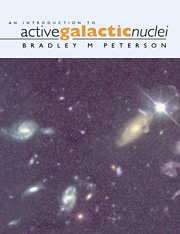
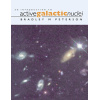
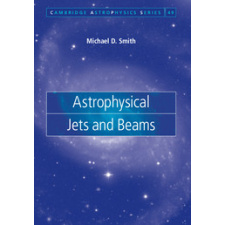
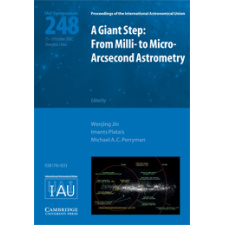
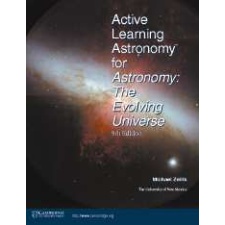
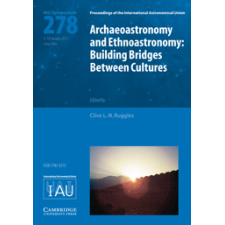
Reviews
There are no reviews yet.